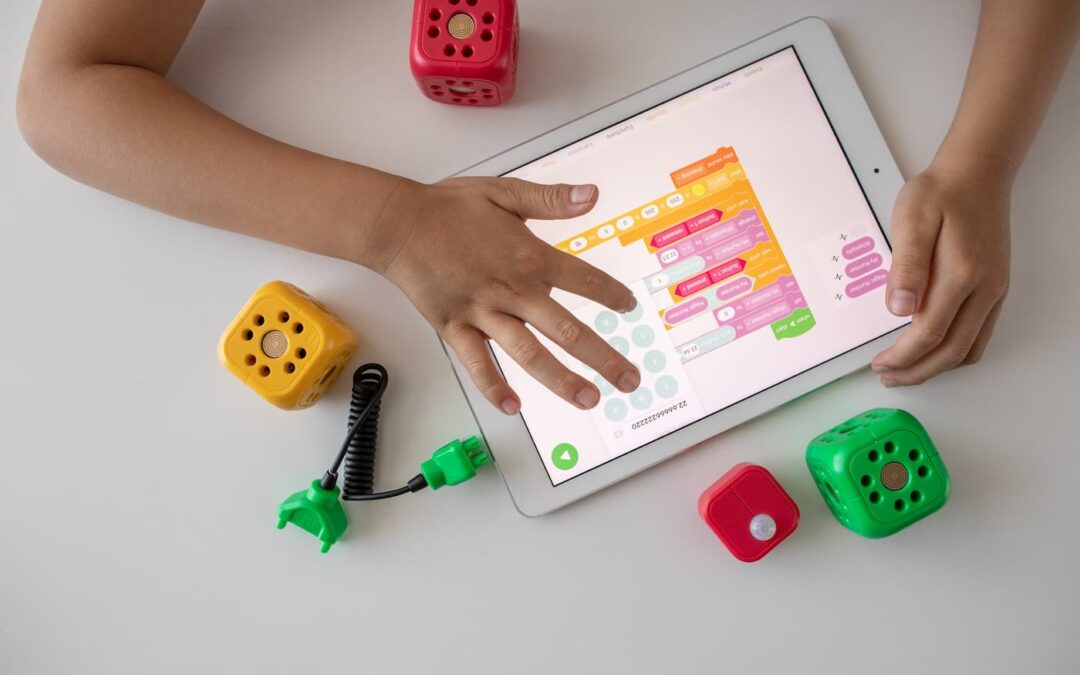In recent years, education has undergone a significant transformation with the integration of technology. This shift is particularly evident in the rise of remote learning, where innovative tools play a crucial role in creating dynamic and engaging educational experiences. Let’s delve into these tools and understand their impact on modern education.
Communication Tools
Effective communication is at the core of the virtual classroom. Platforms like Zoom and Microsoft Teams facilitate live interactions, bringing students and teachers face-to-face from any location. Instant messaging and chat apps further streamline communication, fostering both group discussions and individual inquiries.
Learning Management Systems (LMS)
Revolutionizing content organization and delivery, LMS platforms like Canvas and Google Classroom offer comprehensive solutions. They encompass content management, assessment tools, and progress tracking, becoming essential resources for both teachers and students.
Collaboration and Productivity Tools
Remote learning emphasizes collaboration, making cloud storage and file-sharing platforms crucial. Google Drive and Dropbox facilitate seamless collaboration on documents and projects. Platforms like Miro and Trello enhance teamwork, enabling real-time collaboration.
Interactive Learning Tools
Engagement is key in remote learning. Virtual whiteboards, such as Explain Everything, foster interactivity and visual learning. Gamification and interactive apps encourage active participation, making learning enjoyable and impactful.
Assessment and Feedback Tools
Efficient assessment and feedback are crucial. Platforms like Kahoot! and Quizlet offer online quizzes and assessments, providing instant feedback and data-driven insights. Teachers can adapt their teaching based on students’ progress.
Resource Libraries and Digital Content
Access to digital resources is a hallmark of remote learning. Digital textbooks, online libraries, and open educational resources (OER) provide students with extensive knowledge, reducing financial barriers to education.
Digital Note-taking and Organization Tools
Note-taking apps like Evernote and Microsoft OneNote streamline the learning process. Digital planners and task organizers like Todoist and Trello enhance time management and productivity.
Online Tutoring and Support Services
Online tutoring platforms like Tutor.com and Chegg Tutors connect students with expert educators for personalized support. Peer-to-peer support networks facilitate collaboration among students.
The integration of technology into remote learning has ushered in a paradigm shift in education. Communication tools enhance real-time interactions, fostering a sense of connectedness. Learning Management Systems revolutionize content delivery, while collaboration and productivity tools transform group work. Interactive learning tools and assessment platforms make education engaging and personalized. Extensive resource libraries and digital content democratize access to knowledge. Digital note-taking and organization tools, alongside online tutoring services, streamline the learning journey.
As technology continues to advance, these powerful tools empower educators to create enriching and impactful educational experiences, preparing students for success in the digital age.


